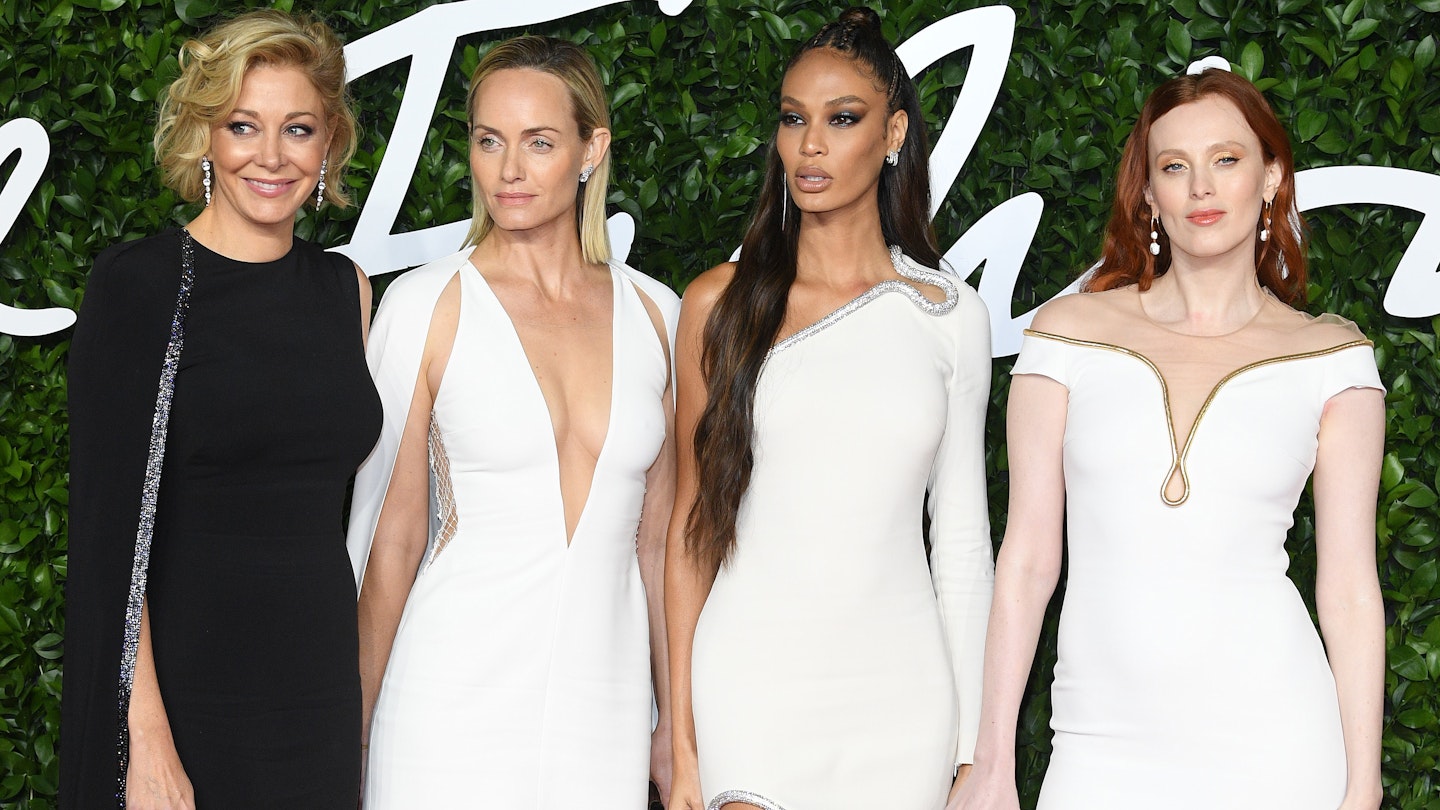Never before has fashion's place in the world felt so unsure. The once-horrifying statistics regarding the industry's terrible impact on the planet now roll easily off the tongue – the 1.2bn tonnes of yearly waste; that the industry is the second largest polluter in the world after oil; that it produces 20% of waste water each year; that shoppers in the United Kingdom alone are hoarding £46.7bn of unworn clothing in their wardrobes at any one time. We all require clothes but for some, this necessity grows into something much greater – the pursuit of sartorial excellence. Such a pursuit has led us all down a much more dangerous path than we might ever have imagined, however, and now, here we are, facing a climate crisis. Red carpet events and other ostentatious displays of excessive glamour and, usually, outfits that celebrities will be seen in only once can feel at odds with the cultural conversation. This is something of which the Fashion Awards was all too aware and, as a result, the spectre of sustainability loomed large, dominating the evening in many ways .
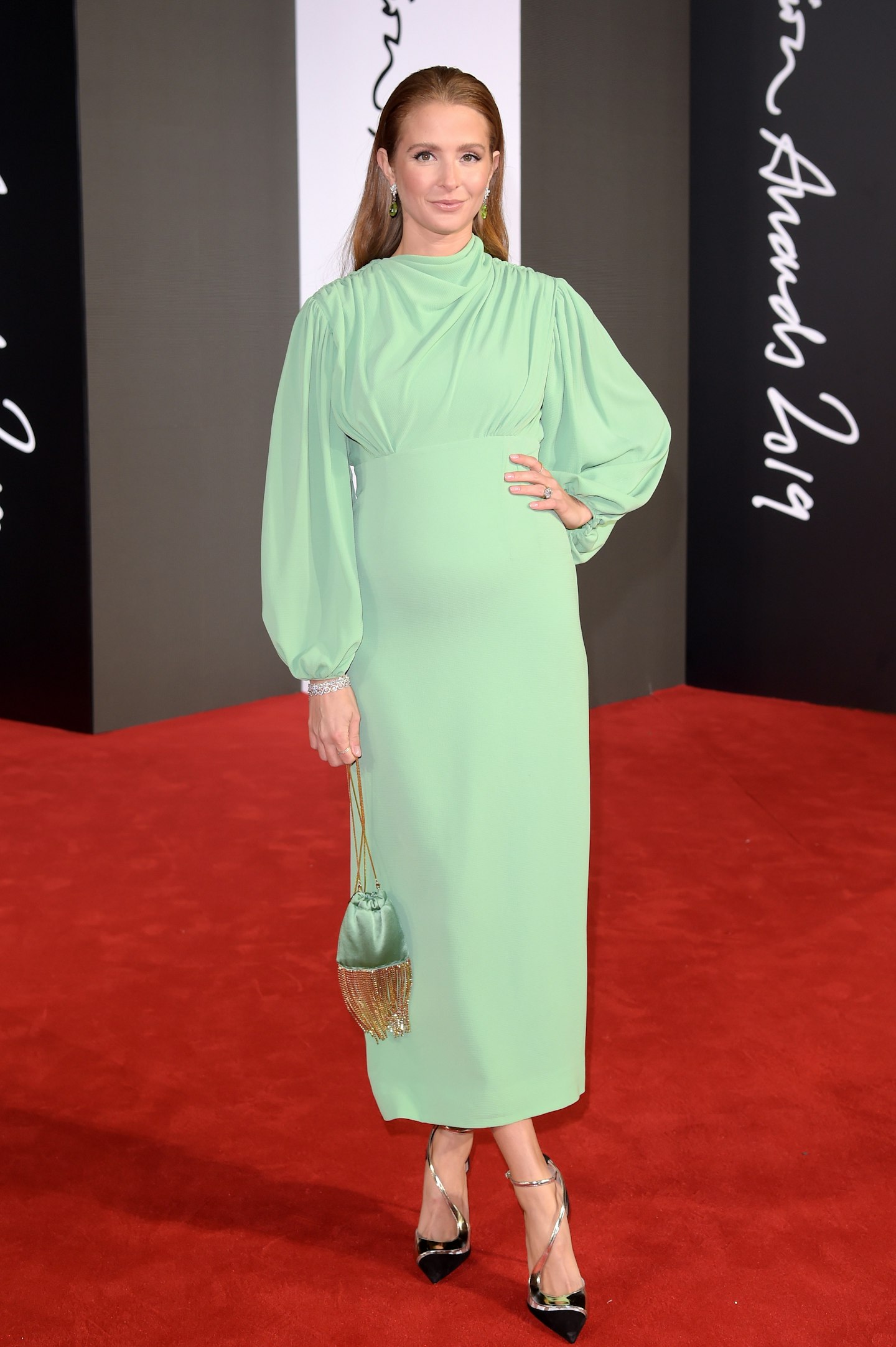
The opening presentation of the evening included banners emblazoned with righteous calls to action. 'Creative directors use your collective power' read one; 'climate emergency' was written on the other side. As well as this, the menu for the evening was plant-based, using local produce. So far, so what? Of course, every little helps, but a handful of carrots is not going to change the course of history. The influence of supermodels and A-list individuals just might, however.
On the red carpet, one of the most ubiquitous sights was not a specific colour, nor indeed was it a single designer – it was rented dresses. The rental economy has been big business this year, with several companies amassing large and – crucially – influential followings, as we all try to marry a love of fashion with the need to consume more responsibly. For the Fashion Awards, rental start-up My Wardrobe HQ encouraged a number of celebrities to choose a gown from its extensive collection of items available to borrow.
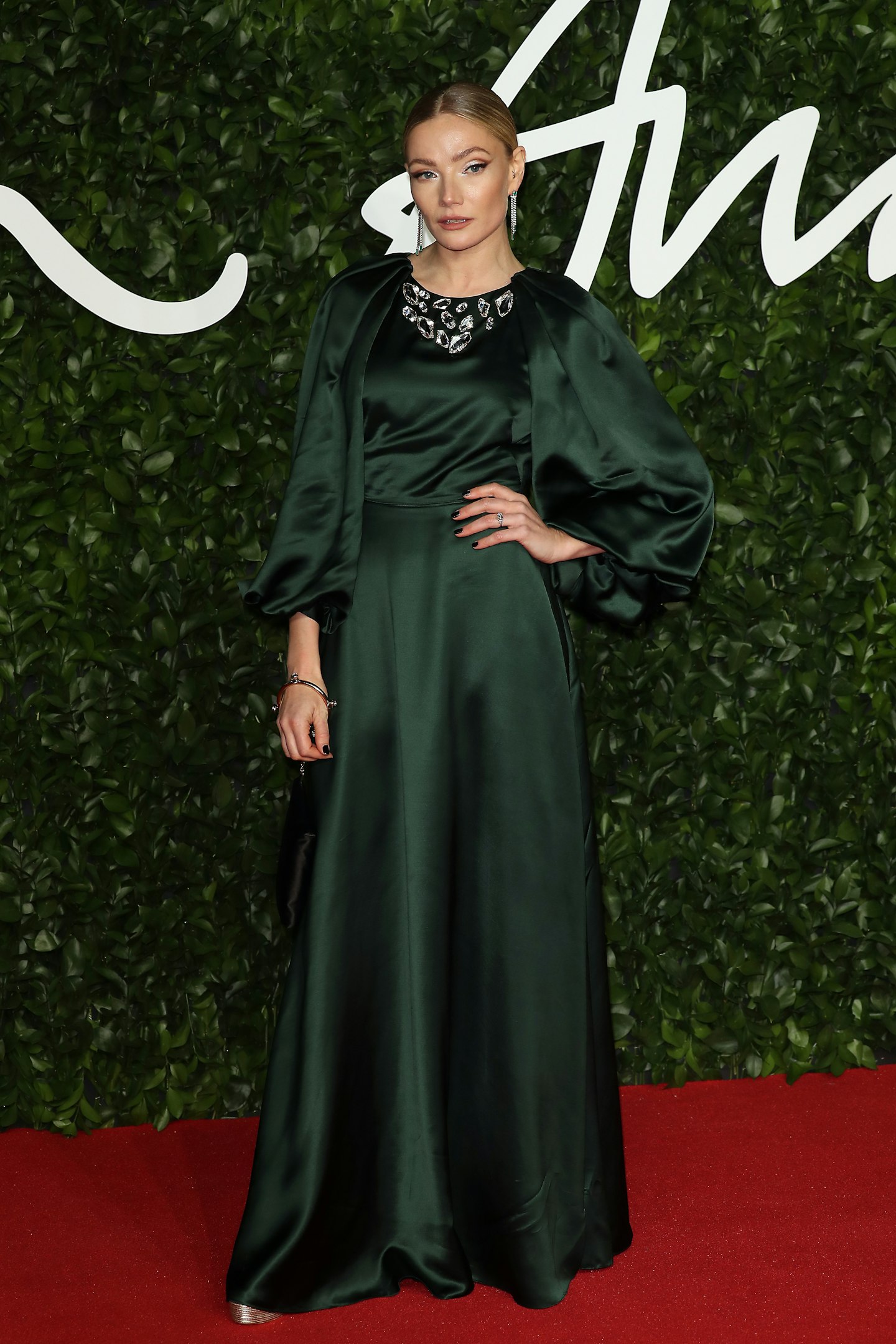
As well as the somethings borrowed, there were dresses made boasting environmentally conscious credentials. Stella McCartney teamed up with Atelier Swarovski, for example, to create looks for a supermodel trio: Amber Valetta, Karen Elson and Joan Smalls. Their accompanying jewels were all sustainable, lab-grown diamonds. There were individual efforts, too. The model Clara Paget wore a repurposed, upcycled dress from Ssōne and Swarovski, while Shailene Woodley and Liya Kebede both wore impressive puffer creations that are part of Moncler's Genius initiative, and are the product of a collaboration between Moncler, Pierpaolo Piccioli and Lemlem, Kebede's own sustainable and socially responsible label committed to championing African artisans.
It may feel like baby steps but at least they're heading in the right direction. After all, influence, when wielded responsibly, can be a powerful thing. It's something the Duchess of Sussex has harnessed to great effect; many of the clothes she wears, which consistently sell out around the world, are sourced from sustainable labels. And, in the last few months, both Net-a-Porter and Browns, two of the most prevalent purveyors of luxury fashion online, have launched sustainable platforms to enable customers to shop for conscious pieces more easily.
To be aware of your power is one thing, to use it in the right way is another. This year's Fashion Awards proved that high fashion, glamour and sustainability can sit comfortably together. It just requires us all to be onboard.
SHOP: The New Conscious Edit From Browns
The New Conscious Edit At Browns
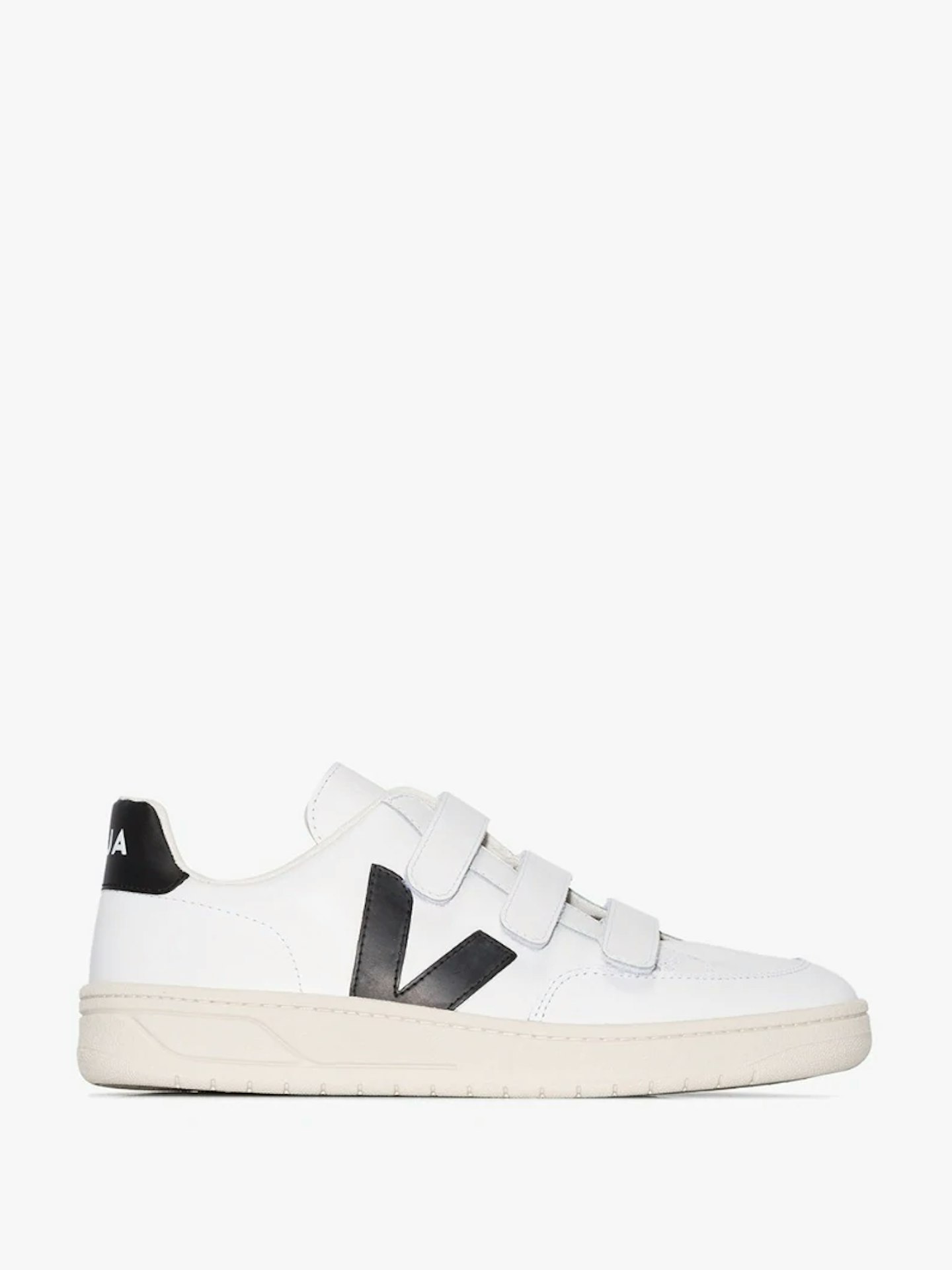 1 of 7
1 of 7Veja, Leather Velcro Trainers, £120
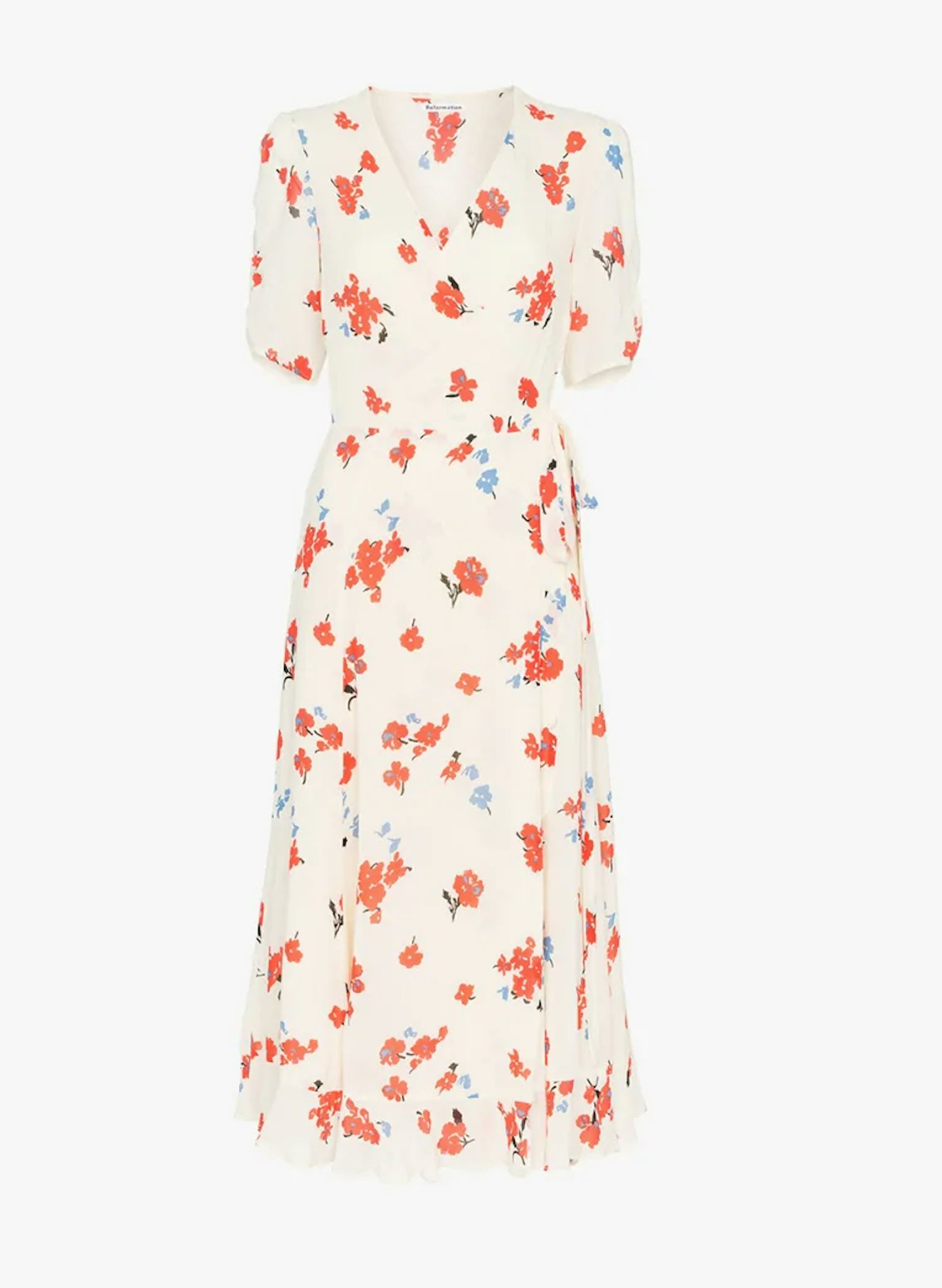 2 of 7
2 of 7Reformation, Floral Wrap Dress, £205
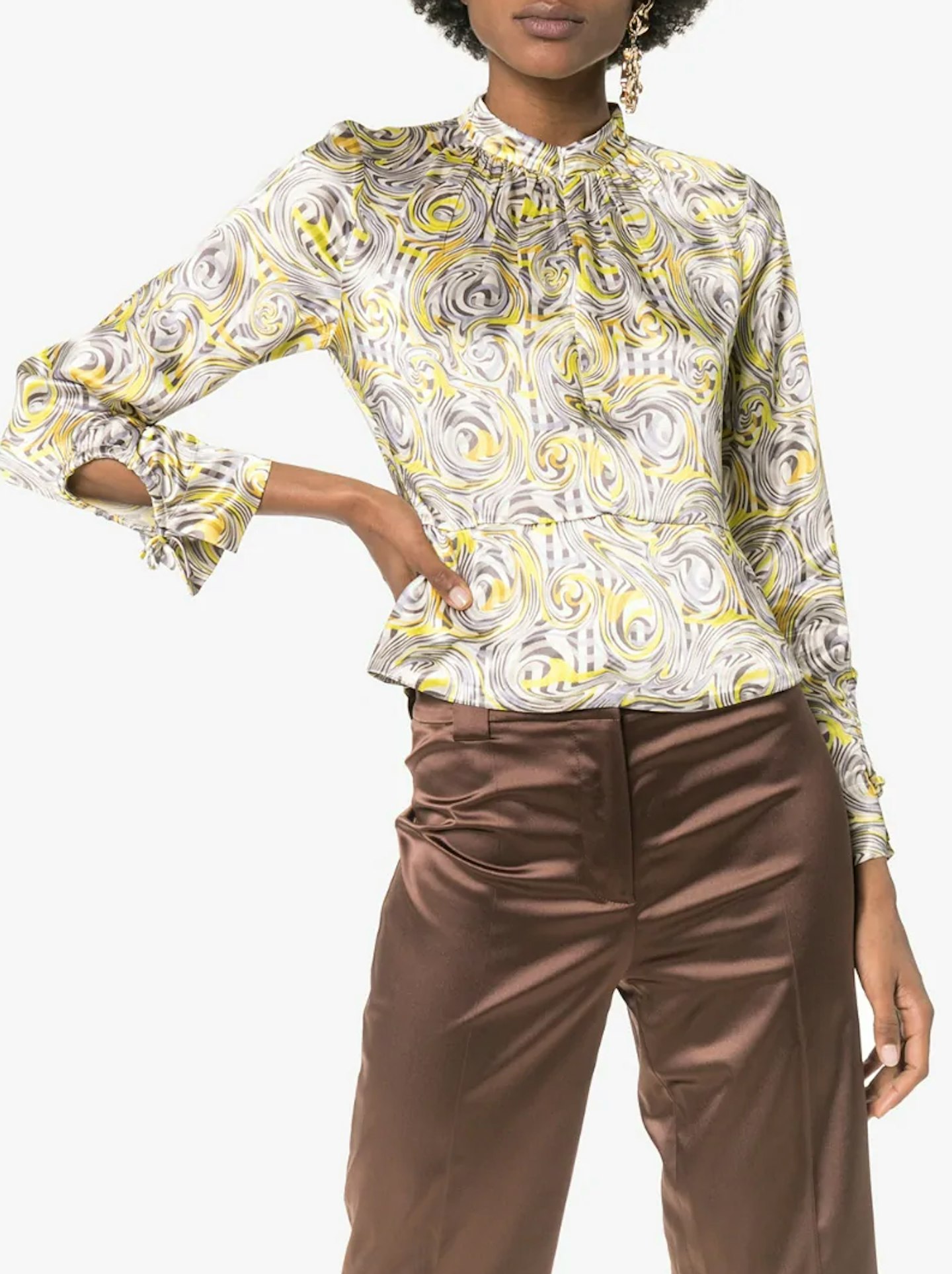 3 of 7
3 of 7Ganni, Swirl Print Satin Blouse, £210
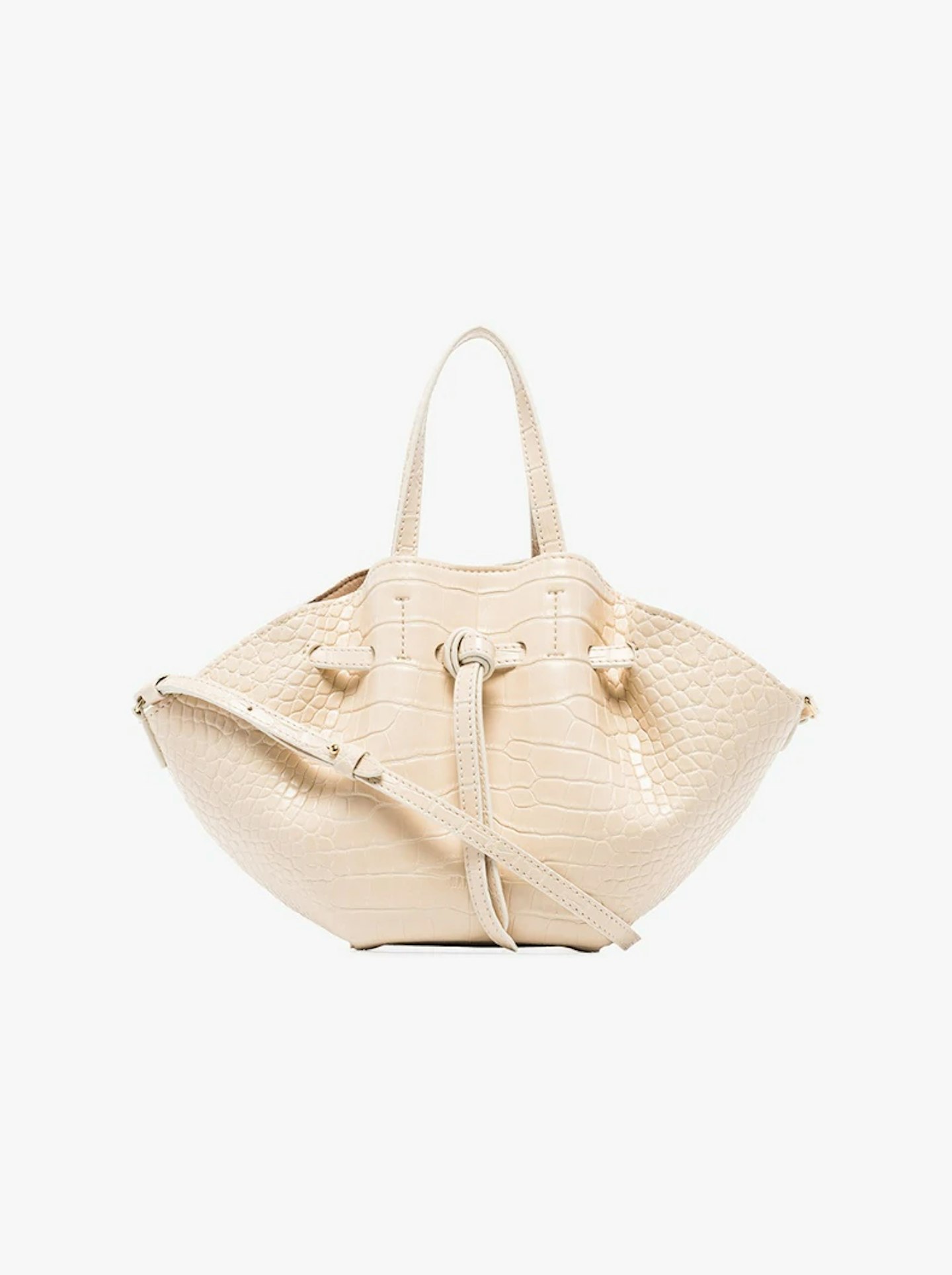 4 of 7
4 of 7Nanushka, Neutral Faux Croc Leather Tote Bag, £285
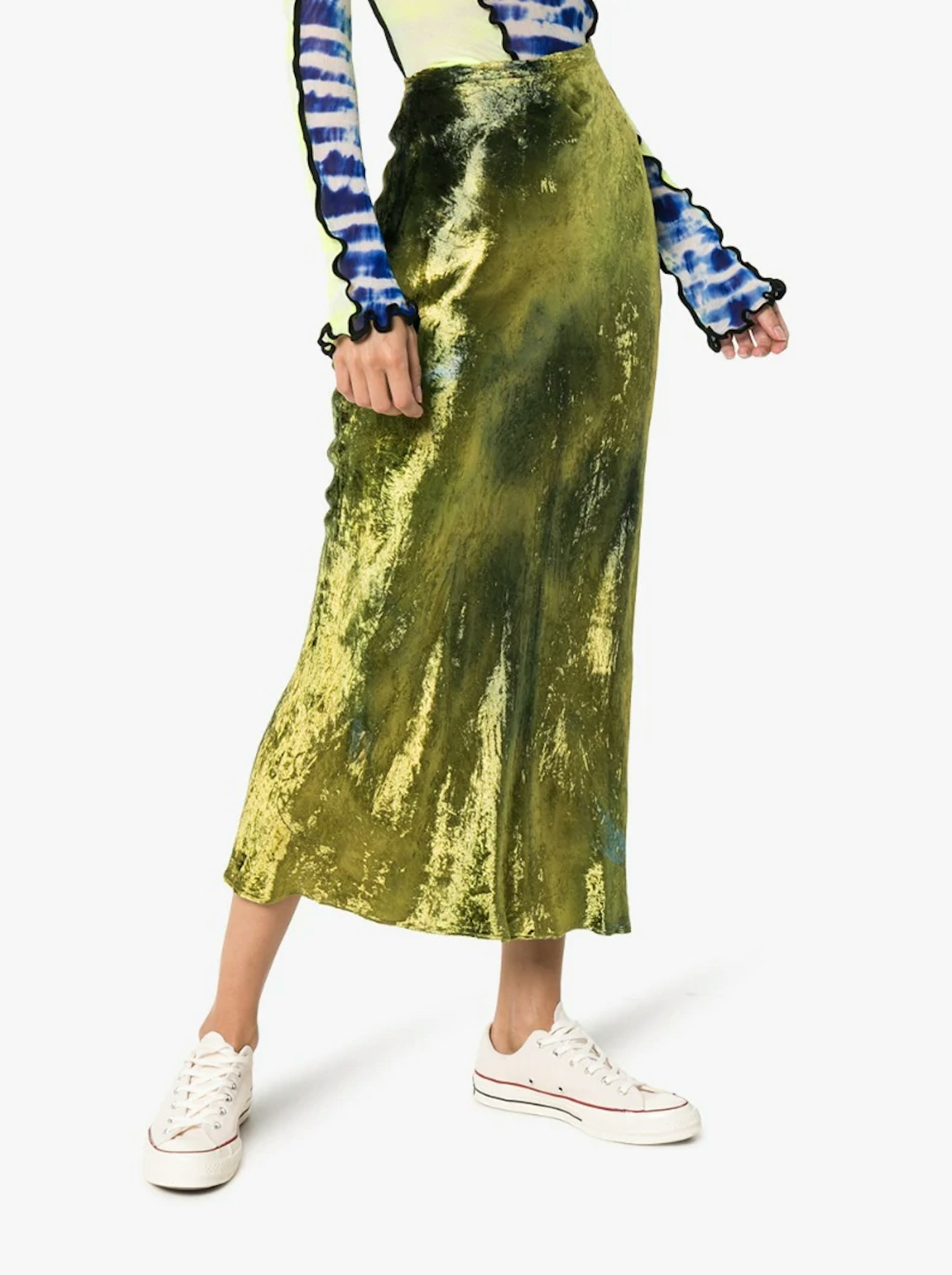 5 of 7
5 of 7Collina Strada, Velvet Tie-Dye Midi Skirt, £280
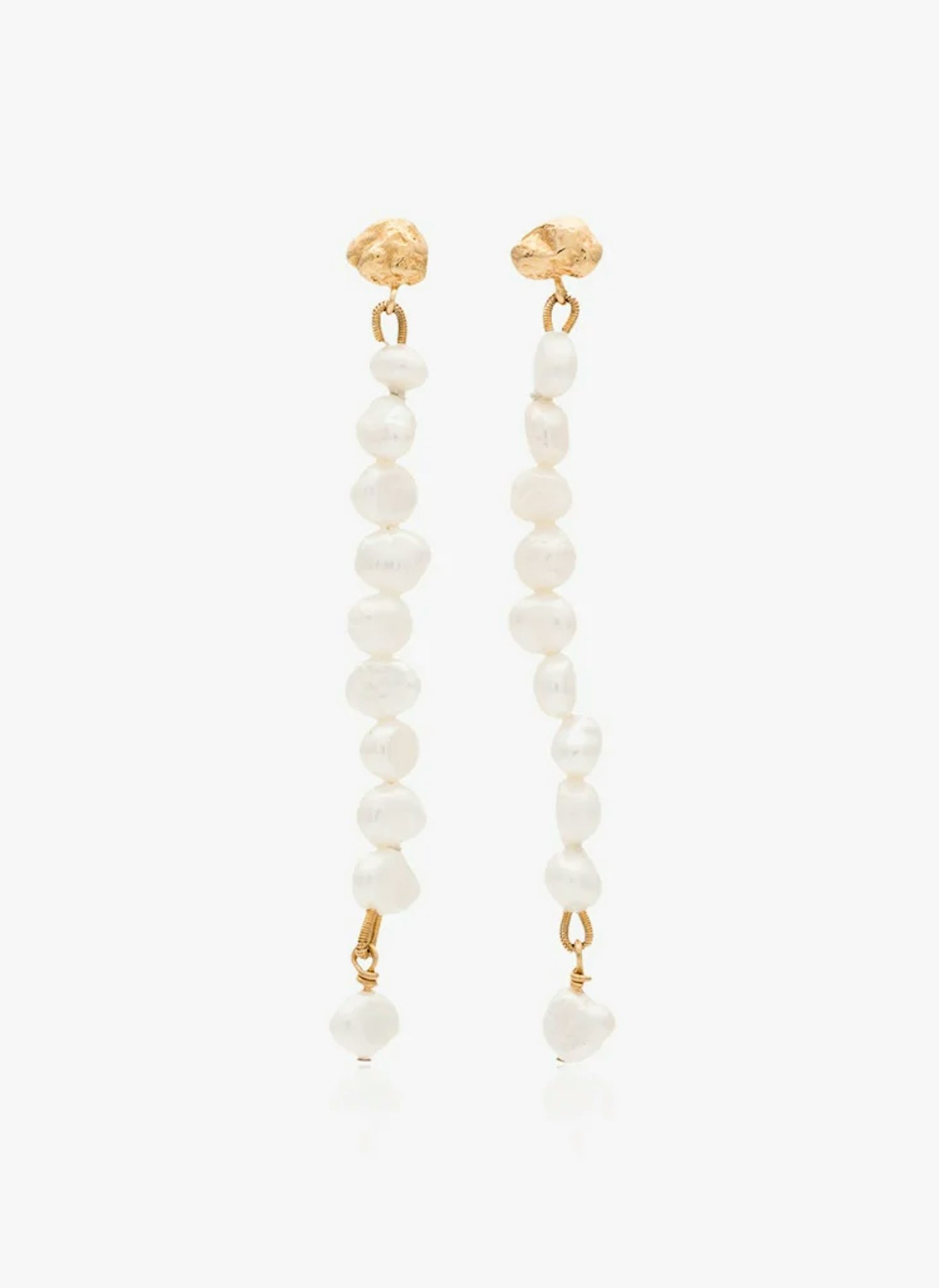 6 of 7
6 of 7Holly Ryan, Gold Plated Multi Drop Earrings, £205
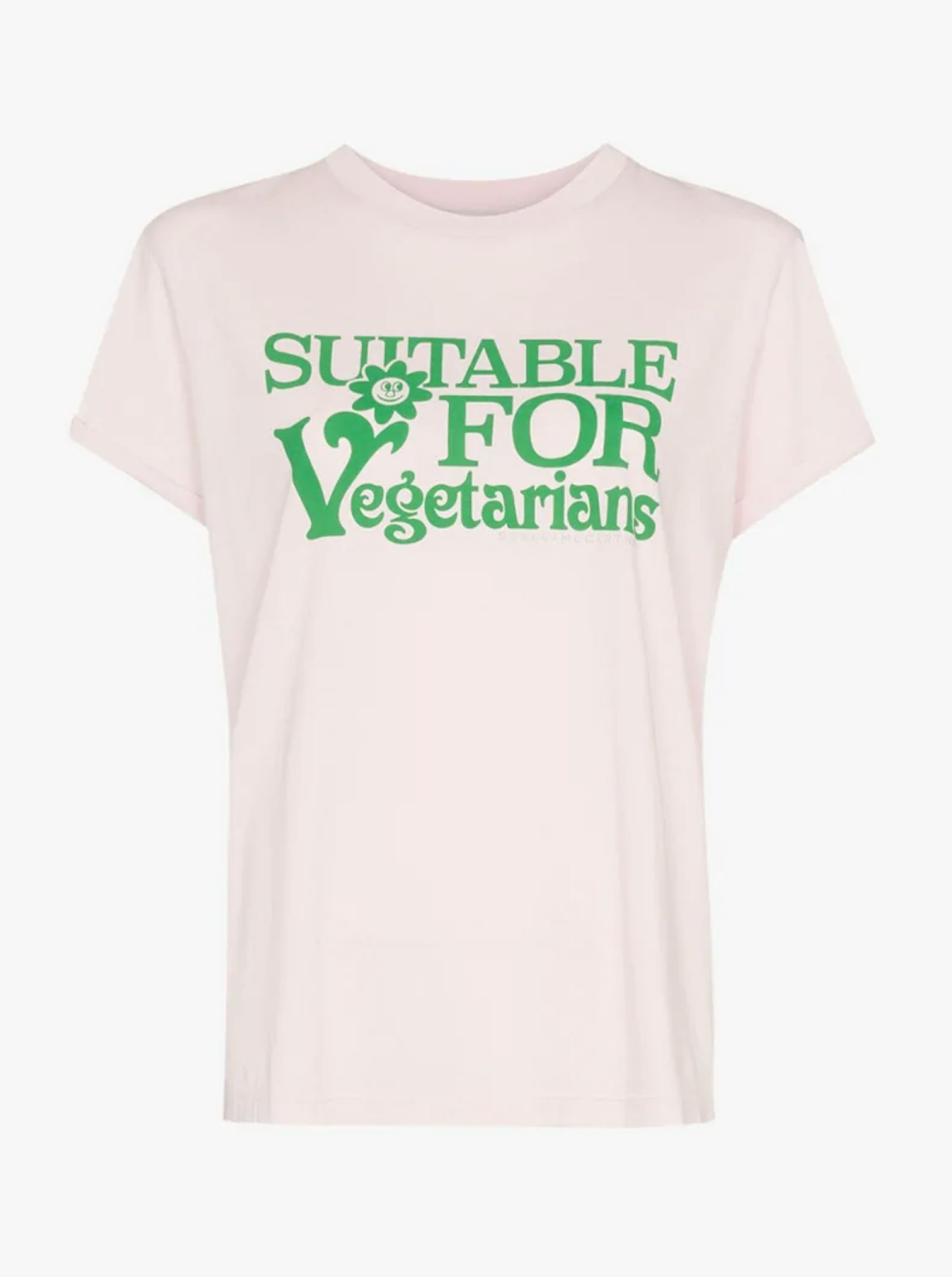 7 of 7
7 of 7